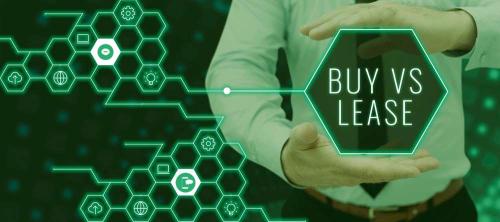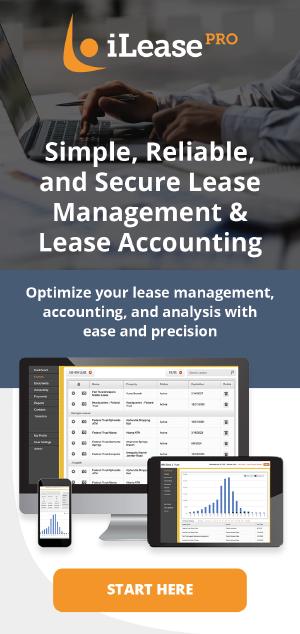How to Decide Between Leasing and Buying for Your Business

When it comes to acquiring assets for your business, such as office space, equipment, or vehicles, one of the fundamental decisions you’ll face is whether to lease or buy. The correct choice depends on various factors, including your business’s financial situation, long-term plans, and specific needs.
Here are some key factors to consider in the lease vs. buy decision:
- Cash Flow: Leasing often requires less upfront capital than buying, as it usually involves lower
down payments. This can be beneficial for businesses with limited cash flow or those wanting to use the capital for
other growth-related investments.
- Cost over the Long Term: While leasing might have lower upfront costs, it could be more expensive
in the long term. When you buy an asset, you’ll eventually pay it off, and it can still have resale value. With a
lease, you’re essentially renting the asset and making continuous payments.
- Tax Implications: Both leasing and buying offer tax benefits. Lease payments can often be
deducted as a business expense. Meanwhile, when you buy an asset, you can usually take advantage of depreciation
deductions. Speak with a tax professional to understand how each option could impact your business’s tax
situation.
- Flexibility: Leasing offers more flexibility, as it’s easier to upgrade to a new model when your
lease ends. If your business relies on having the latest equipment, leasing may be a good option. Purchasing assets
tends to be better for long-term use.
- Maintenance: If you lease an asset, the leasing company often covers maintenance and repairs,
which can result in savings and reduced hassle. However, if you own the asset, maintenance and repairs are typically
your responsibility.
- Control over the Asset: When you buy an asset, you have more control over it. You can modify it as needed to suit your business operations. However, when you lease an asset, you’re bound by the terms of the lease agreement, which may limit what you can do with it.
Remember, the lease vs. buy decision should be based on your individual business’s circumstances. It’s crucial to conduct a thorough cost-benefit analysis before making a decision. Seek advice from financial advisors and accountants who can provide a comprehensive view of the implications of each choice.



